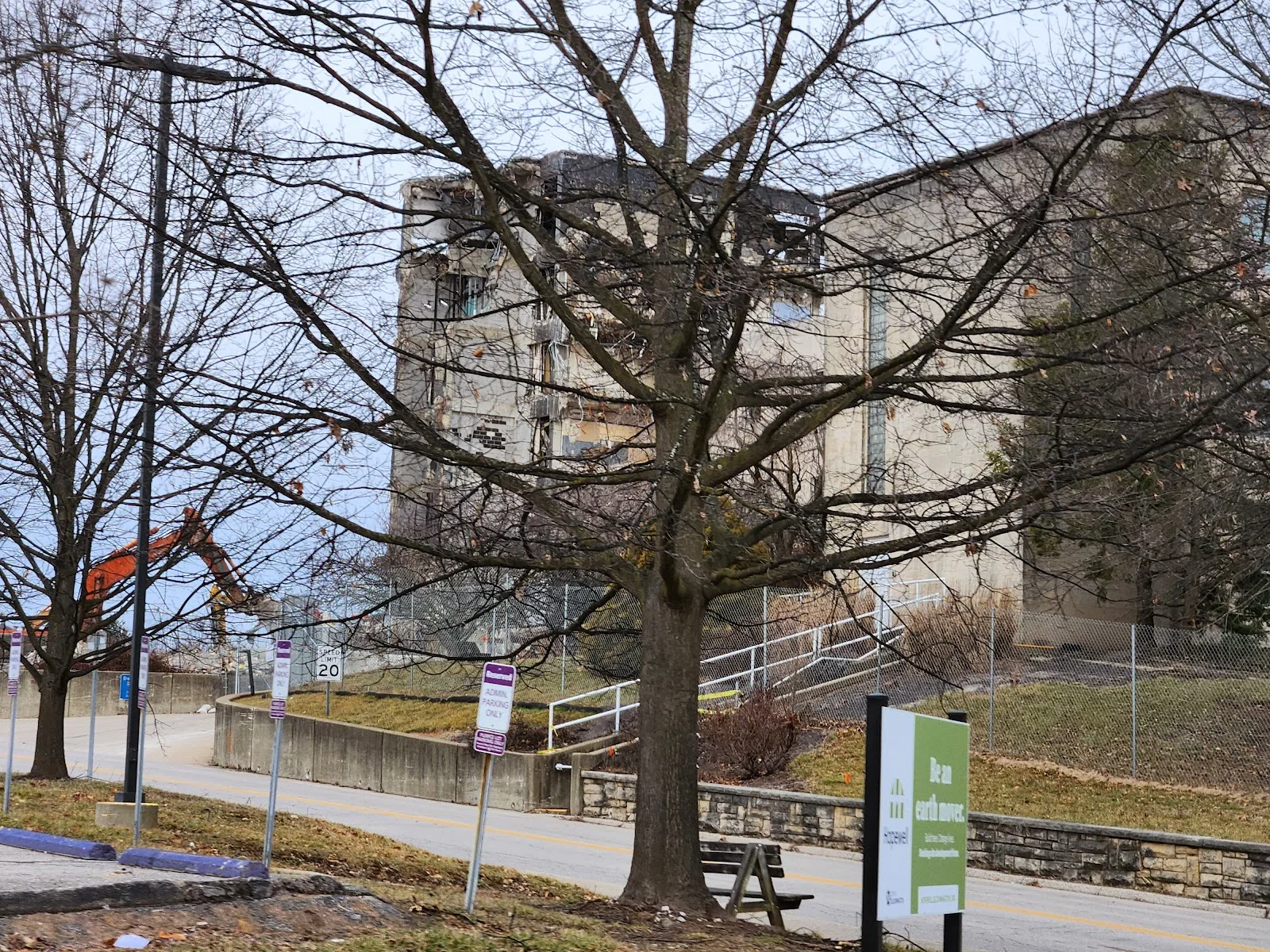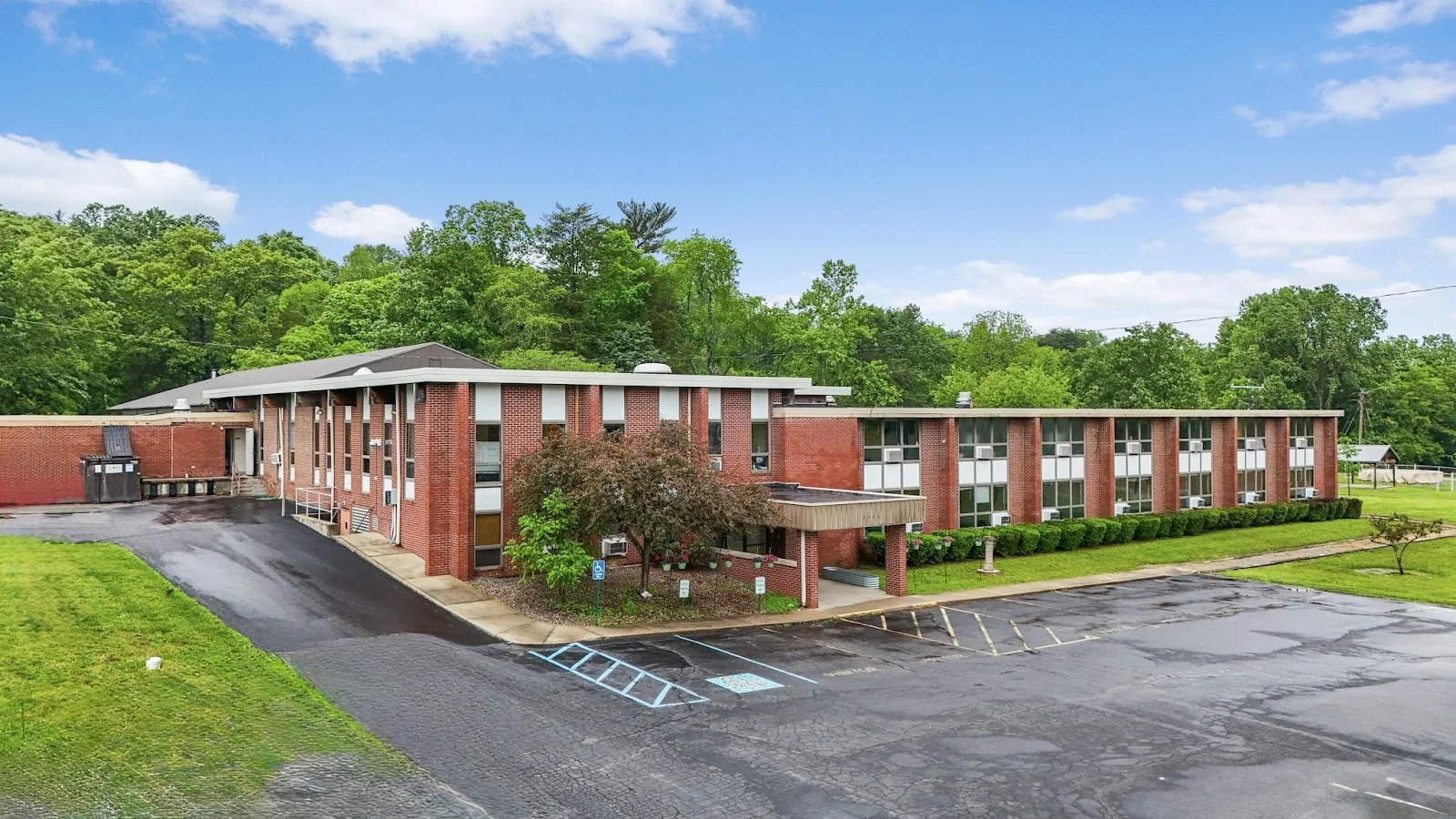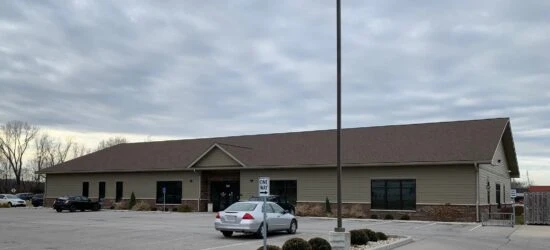Centerstone offers a comprehensive selection of mental health and substance use disorder services to individuals of all ages in states including Tennessee, Indiana, and Kentucky. The facility is dedicated to inclusivity and provides personalized care through a variety of programs, such as individualized care, detoxification, inpatient and outpatient services, intensive outpatient programs (IOP), partial hospitalization, aftercare, and sober living options. Children, adolescents, and adults are all supported by Centerstone's emphasis on individual requirements.
The treatment modalities at Centerstone include assertive community treatment, animal therapy, aggression management, cognitive behavioral therapy, and activity therapy. The facility is recognized for its specialized programs, which appeal to distinctive groups, such as first responders. Additionally, it offers trauma therapy to address specific mental health challenges. Centerstone is widely accessible due to its acceptance of a variety of private insurance plans and its upholding of rigorous care standards, which are accredited by The Joint Commission.
Centerstone Information
Treatment
Who We Treat
- Children
- Teens / Adolescents
- Adolescents
- Male and Female
Treatment Focus
- Children
- Licensed Primary Mental Health
Approaches
- Personalized Treatment
- Evidence-Based
- Family Involvement
- Adult-Child Therapy
- Family Therapy
- Group Therapy
- Cognitive Behavioral Therapy (CBT)
- 1-on-1 Counseling
- Life Skills Training
Conditions We Treat
- Depression
- Anxiety
- Bipolar Disorder
- Post Traumatic Stress Disorder (PTSD)
- Obsessive Compulsive Disorder (OCD)
- Trauma
- ADHD/ADD
- Bipolar
Languages
- English
Aftercare
- Discharge Planning
- Continuing Care
- Support Meetings
Level of Care
- Outpatient
- Aftercare/Continuing Care
Experience
On-Site Amenities
- Air-Conditioned Rooms
Smoking and Vaping Policy
- Smoking Allowed in Designated Areas
- Vaping Not Allowed
Accreditations
-
Federally Qualified Health Center
Federally Qualified Health Center (FQHC) accreditation is a process of evaluation and recognition by the federal government for community health centers that provide comprehensive and accessible healthcare services to underserved populations. FQHC accreditation is essential for centers to receive federal funding and to ensure that they meet standards for quality, patient-centered care.
Additional Locations
Centerstone Accepts The Following Insurance Plans
Find the best treatment options. Call our free and confidential helpline today!






